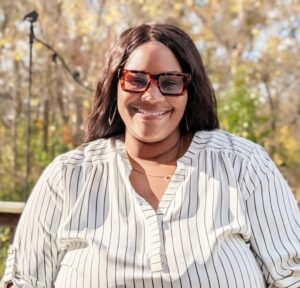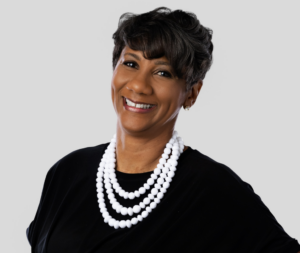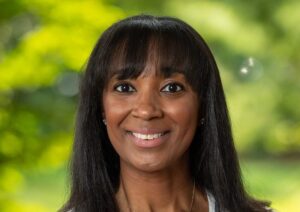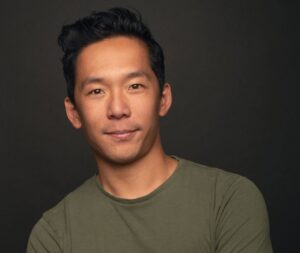How I Got Here: Anti-Defamation League’s Bill Hicks on the key to personal growth
ADL’s Associate Director of Leadership Engagement shares why you should embrace your contributions no matter your title.
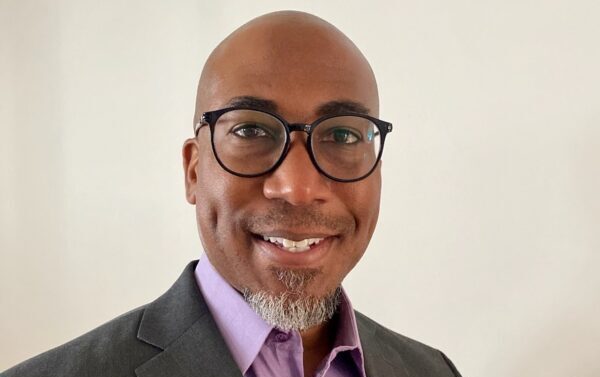
Bill Hicks serves as the senior associate director of leadership engagement for the Anti-Defamation League’s (ADL) central division, which spans 16 states. In this role, he is instrumental in cultivating leadership opportunities and actively seeking out and nurturing individuals committed to championing the organization’s mission. Through his efforts, Hicks is empowering a new generation of leaders to drive meaningful change in their communities.
Hicks joined the ADL in 2019 as the associate education director, where he played a pivotal role in shaping and delivering a dynamic range of anti-bias training programs for Pre-K through 12th-grade institutions across the Midwest. Driven by a passion for fostering inclusive environments for students and educators, Hicks embodies the belief that “at the end of the day, I can only control the effort, not the outcome.”
My first profession was:
My first nonprofit role was front desk assistant at the Boys & Girls Clubs of Fort Wayne, Indiana. In this role, I managed all aspects of the front desk from answering the phone, checking kids in and out of the facility, overseeing membership records, etc. In my mind, I had one of the lowest-level positions in the organization, but I had a great supervisor who emphasized the importance of my role and would call me the “director of first impressions.” It was a pivotal moment in which I learned that regardless of title or position everyone within an organization/company has a key role in helping to advance the mission or goals of the organization.
One way I stay creative and motivated is:
I have spent over 25 years working in the nonprofit sector and still consider myself more of a continuous learner versus a content expert on any topic. Being a continuous learner allows you to navigate changing job markets and better adapt to internal or external challenges. Beyond the professional benefits, continuous learning has been my impetus for personal growth.
Someone who has helped me be successful in my career is:
My mother was a labor and delivery nurse for over 40 years. I can remember as a child, her waking up early each morning to prepare for her shift, and that work ethic, skill development, and focus on helping others is a model that has been present in my career journey. When she retired her colleagues (doctors and nurses) didn’t just speak about all of the babies that she helped to deliver but about how she showed up as a person each day for work. I want to add that same value to the colleagues and various stakeholders that I work with.
The key to excellence in storytelling is:
To be effective in storytelling takes consistent work and effort to not only be skilled in sharing the story but also knowing how to convey it in a way that evokes emotion in others. I often remind myself that “connection” before “content” can go a long way with an audience. Whether it is written, verbal, one-on-one conversation, small group, or large group presentation, putting in the effort to know the audience and what messages would resonate best with them is crucial. Authenticity is another aspect of storytelling that I believe is essential and a value that I try to center myself in for everything that I do.
A book or song that changed the way I think about my career is:
About 15-20 years ago, a mentor recommended the book How Full is Your Bucket? by Tom Rath and Donald Clifton. It was a simple yet powerful message about relationship building. The metaphor of a dipper and a bucket helped me profoundly view the impact of our daily interactions with family, friends, colleagues, and customers.
A lesson I learned the hard way is:
There was a point early on in my career journey in which I was a workaholic and prioritized climbing the career ladder over my own mental and physical health. Burnout is a real thing and can have significant consequences on one’s well-being. After several years of attempting to navigate professional and personal challenges, I hit my wall and had to step away from a leadership role to focus on my mental health. It was a hard decision and one that changed the trajectory of my career but also one of the first moments that I put myself first personally and professionally.
Isis Simpson-Mersha is a conference producer/ reporter for Ragan. Follow her on LinkedIn.


